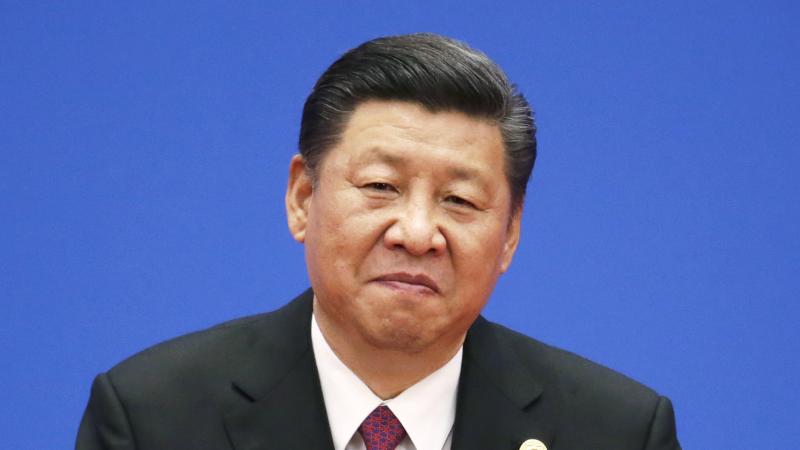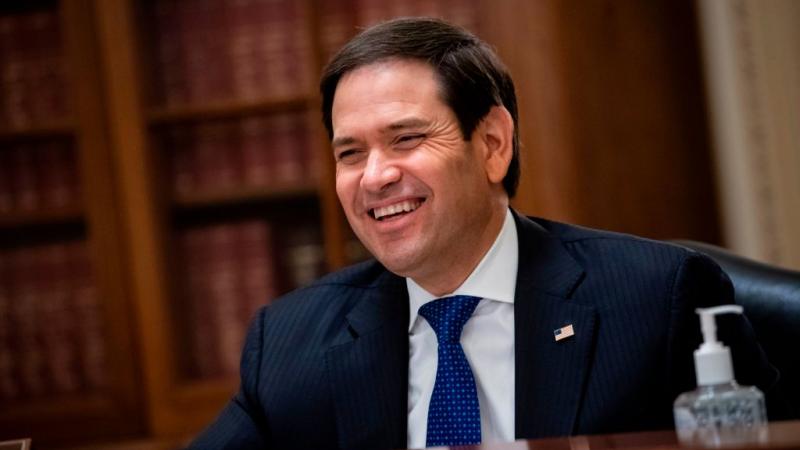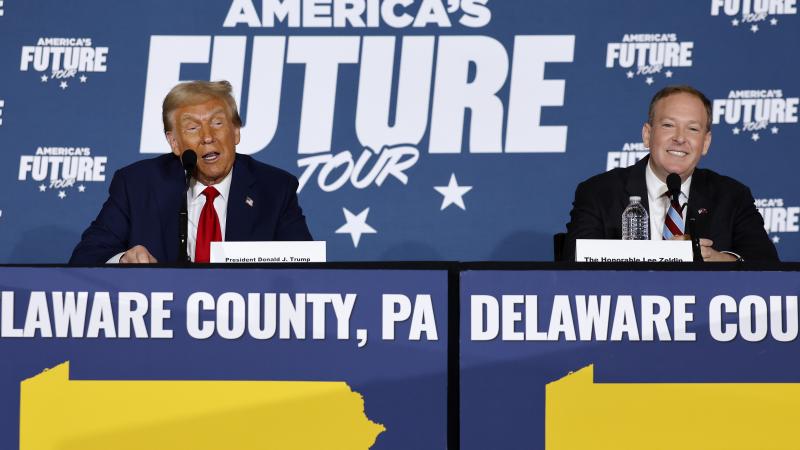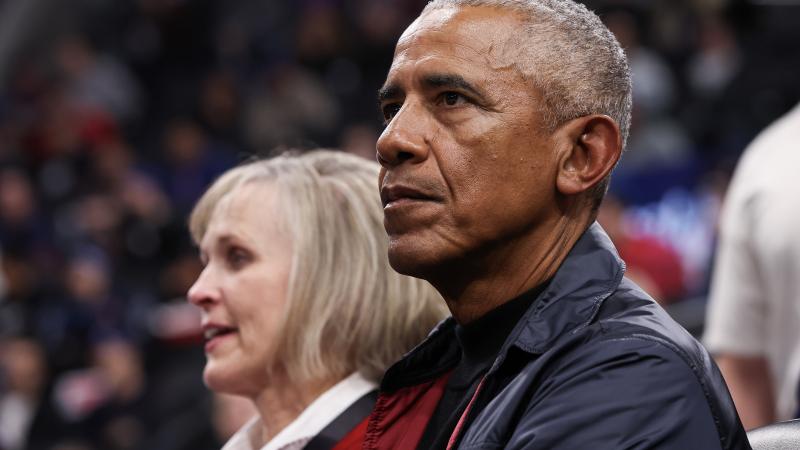Charlie Kirk: University president claim that TPUSA poster sought to 'incite' is 'reprehensible'
"It's a very disappointing incident," said the Turning Point USA founder. "I'm not shocked, given the state of higher education."
Turning Point USA founder Charlie Kirk told Just the News it is disappointing but not surprising that the president of Coastal Carolina University accused the campus conservative group TPUSA of having a "goal to incite" after it displayed a poster featuring Martin Luther King Jr.
The Coastal Carolina University chapter of Turning Point USA created and posted the flyers, with approval from the Conway, S.C., school
In celebration of Valentine's Day, the poster featured the King Jr. quote: "Hate cannot drive out hate; only love can do that."
"Celebrate Black History Month and Valentine's Day by Choosing love over critical hate theory" is written below the MLK quote. The additional quote from chapter vice president Ryne Stark is a barbed reference to critical race theory, a doctrine of racial determinism that rejects the ideal of a color-blind society espoused by King.
University President Michael T. Benson sent an email out to students criticizing the poster last week.
"While the poster may have been deemed 'protected speech,' its carefully-constructed use of certain words, an opinion-based indirect reference to critical race theory — and even an image of Dr. Martin Luther King, Jr ... was created with a goal to incite," he wrote.
"This is exactly what happened and we have heard from students since Monday evening what hurtful and damaging collateral impact this message has had on many within our campus community," the president said.
Kirk chastised the president for his comments on the flyer.
"I just think that doing a quote of Martin Luther King should be unifying, not controversial, and I think it's reprehensible that the president of this university is now scapegoating the students," he said.
The campus chapter "went through the right process, they did the right thing," Kirk added.
The president's use of "incite" is charged with ominous overtones, as speech classified as incitement falls outside of constitutional protection. "Incitement is speech that is intended and likely to provoke imminent unlawful action," according to the free speech advocacy group Foundation for Individual Rights in Education.
"Martin Luther King, Jr. had ideas that are unifying," Kirk said. "They're doing everything they possibly can to rewrite that history. "It's a very disappointing incident. I'm not shocked given the state of higher education."
The poster sparked a protest on campus before Benson sent the email, according to the student newspaper The Chanticleer News.
Coastal Carolina student Amos Wise IV posted on Facebook that he attended a Coastal Carolina University Board of Trustees meeting to voice his concerns over the flyer, which he called an "offensive propagandist behavioral poster."
"I took the road of educating them on what is CRITICAL RACE THEORY IS ,how [sic] it was taken out of context when trying to correlate one of our historic activist [sic] and the organizations [sic] view and also the experience of my fellow black and brown brothers, sisters and non-binary people," he wrote.
Chapter president Grace Stewart defended the poster.
"Our goal was not to incite violence but to invite conversation," she told the Chanticleer. "I think that was missed in President Benson's email, and it made us sound like a horrible organization and horrible people."
Associate Provost Jim Solazzo told the Chanticleer that a policy change for flyering would come by March 4.
"One of the things we have learned from this is posters and flyers will still go through student life," Solazzo told the outlet. "The practices, policies, and procedures currently in place are going to reviewed [sic] and revised in order to insure something like this does not happen again."
It remains unclear how the new policy may affect students' First Amendment rights at the public university.
Coastal Carolina University has faced scrutiny before for its decisions on free speech.
In December, the university removed and then reinstated a theater professor who said he was "sad people get their feelings hurt so easily," Just the News reported.















